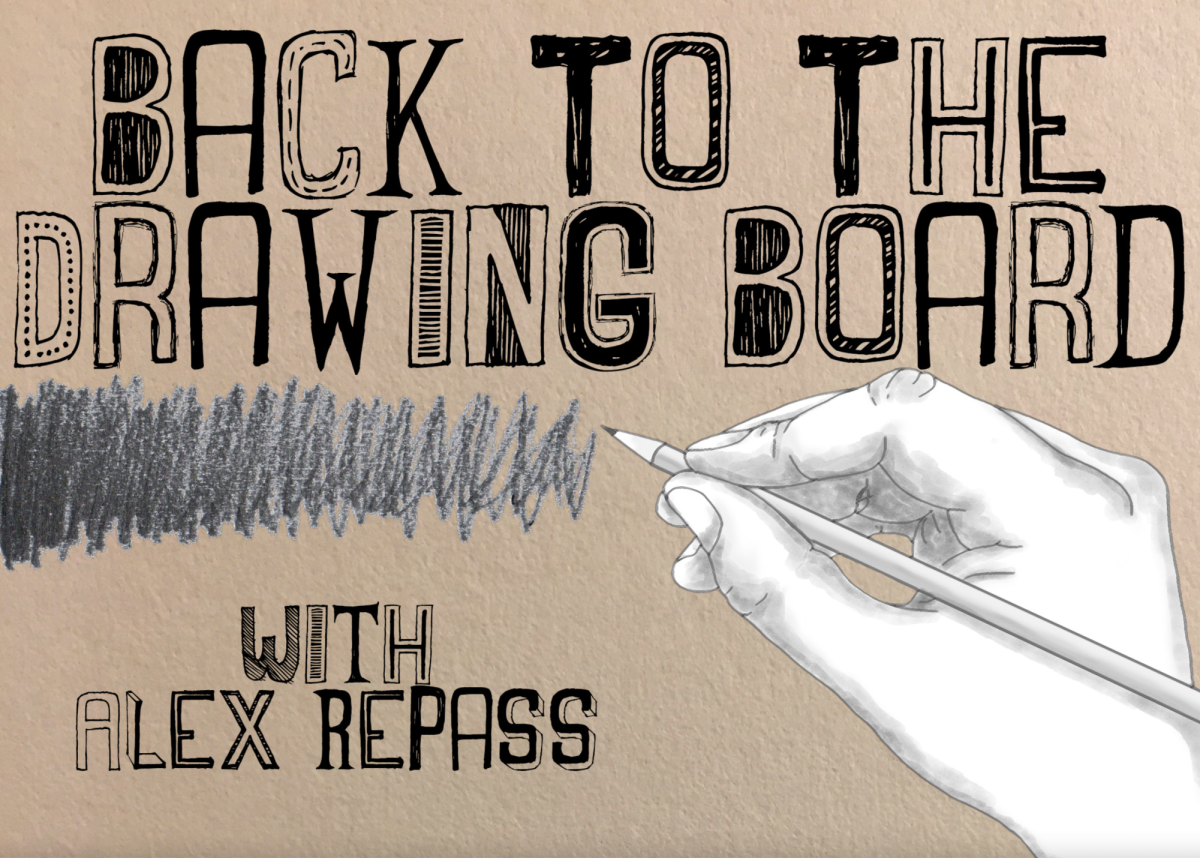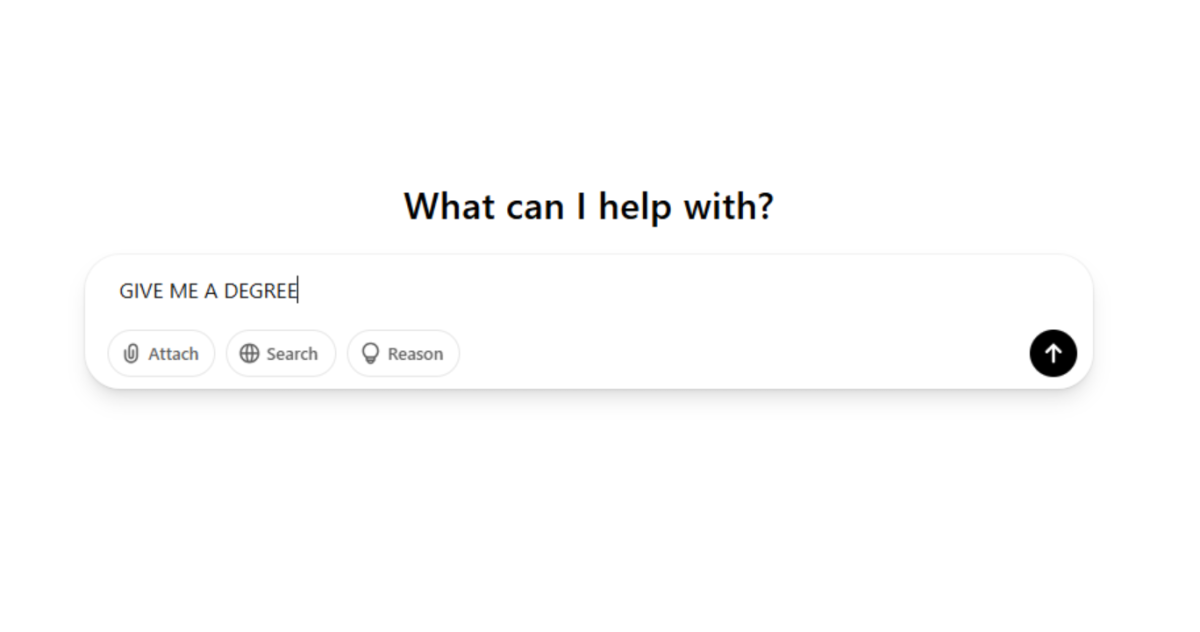It’s pretty widely recognized among Americans that the quality of a state’s education is mostly split among party lines, with Republican-led states generally ranking among the bottom of states by quality of schooling, and Democrat-led states ranking at the top. This is according to data provided by World Population Review, which ranked no Republican-led states in the top 10, and Arizona and New Mexico being the only Democrat-led states in the bottom 10. Of course, every state should strive to give their citizens the best possible services they can, and that applies to education as well. If children aren’t given access to a strong education, we can’t expect America to be its best possible self in the future, so this doesn’t exactly make for a good look.
However, I think another serious problem lies in some Democratic voters stressing this educational gap as evidence of Republican voters naturally being uneducated, and thus not as intelligent. Not only is this untrue, because intelligence comes in many different forms, but stressing this point also has the side effect of actually making the Democrats look worse, and not just because it’s condescending. Massachusetts paints this picture very well. Home to prestigious schools such as Harvard and MIT, the Bay State has earned its reputation as being one of the world’s most educated places. However, while Harvard provides results that reflect great academic excellence, it also suffers from a lack of socioeconomic diversity. Most of its student body is disproportionately from higher-income backgrounds, and applicants from the families that make up the ‘1%’ are nearly twice as likely to be accepted than poorer applicants who have identical test scores, according to recent research from Harvard College’s newly appointed dean David Deming. Further, there is also the longstanding practice of it and other Ivy League members to rely on legacy preference, or giving children of alumni or donors an advantage in admission. This data could suggest that many Ivy League students may owe their place less to academic merit and more to inherited privilege.
But these challenges don’t just stop at a poor reputation; it also doesn’t help Democrats win elections. It wasn’t very long ago when Democratic nominee John Kerry campaigned against incumbent Republican George W Bush in the 2004 election, which Bush won decisively. Despite differing party lines, their educational backgrounds were strikingly similar. Both attended Yale as legacy admissions, as their fathers both attended and were from the prestigious Forbes and Bush families respectively, and neither earned above average grades. However, Kerry leaned on his attendance at Yale while downplaying his mediocre grades to project great intellect. Bush, meanwhile, embraced his image as a ‘C student,’ which he leveraged to make himself appear more relatable to most Americans, especially those common among his base. Though there were many more important factors that led to Bush’s easy victory over Kerry, his refusal to flaunt academic achievement definitely shouldn’t be downplayed. More recently, during the 2020 Democratic primaries, Massachusetts Senator Elizabeth Warren lost to Joe Biden, though their educational backgrounds contrasted much more than Kerry’s and Bush’s. Neither went to an Ivy League school, but Warren had a very distinguished career as a professor of law at Rutgers and Harvard, among other universities. This gave her a reputation as someone who knew her way around politics, and so she enjoyed support mostly from college educated liberal Democrats. But many voters feared her professorial style gave her a disadvantage against the very direct-speaking Trump. Further, they found more appeal in a Biden who positioned himself as a ‘working class everyman,’ leading to her loss in the primaries.
Anyone who tries to run for office ought to know that voters often gravitate toward candidates they can relate to. They want to be able to see themselves in whoever they vote for, and the fact of the matter is most Americans just aren’t able to put themselves in the shoes of professors who know their way around Congress or Ivy League members who are probably far wealthier than they’ll ever be. With many viewing the Democrats as a party made up of the establishment elite who are disconnected from struggles faced by the common man, the intelligent play for elected officials might be to forgo the strategy of looking like unrelatable intellects.







